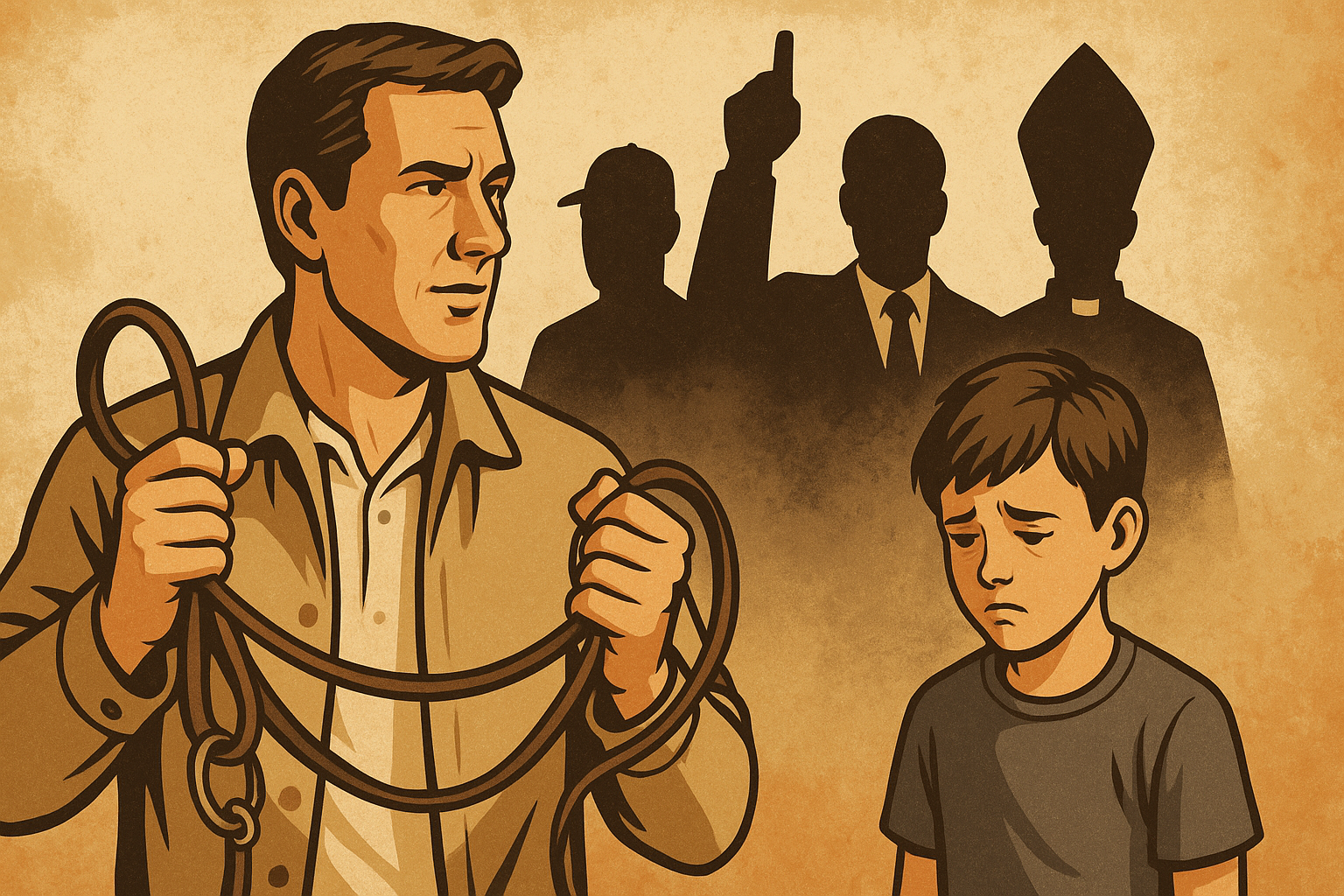READ IT TO ME: Click play to listen to this post.
For many in recovery sobriety is a mystery. A 12-step group usually starts with a prayer and often ends with clasped hands in a circle repeating in unison “It works if you work it and you’re worth it”. Over the years I have heard many addicts testify that in those same meetings, after all the good-declared intention, they acted out before they got home and sometimes even before they left the parking lot.
There is a great divide in reality at 12-step meetings. There are the haves and have-nots. Those who have sobriety and those who don’t. For many, sobriety is elusive. At times, after working hard to achieve sobriety, it can slip through the fingers in the blink of an eye, or so it seems. How are some able to achieve and maintain long-term sobriety while others cannot?
Over the next two blogs, I want to propose 11 keys that are vital to creating long-term sobriety:
1. A decision to stop no matter what it takes. This, like the ten other keys, seems like a no-brainer. Yet, through observance of the meetings I attend and the addicts I counsel, this key is often missing. I ask many addicts who come to do work at PCS if they are done with their addiction. I often get the reply “I’m here, aren’t I?” It’s almost as if somehow showing up to the PCS building would be magical and that the building and all the therapists will transform him or her from a raging addict to zen-like sobriety. Addicts can make a great therapist look inept or an average therapist into a rockstar. It all depends upon the attitude that he or she chooses. I recall my wife Eileen and I saying to each other that “we would hock our socks” to get healthy. That was about the reality that we had no funds for treatment. The decision was to do whatever it takes. Many addicts come to a 12-step meeting without a “white hot” intensity to transform their lives. They look for someone to give them something or to take care of them. It is common for some addicts to show up with an attitude of entitlement. Long-term sobriety requires something very simple: You must want to stop more than anything else in the world.
2. Be humble. You would think that an addict’s life of frustration and failure would result in humility. Yet, often this is not the case. Addicts present most frequently with arrogance. Some are full of conceit and presumption while others seem demure on the surface, but underneath are full of disdain and hubris. The truth is that practicing humility is a lifelong challenge. It requires charting a recovery course that includes holding your attitude and spirit accountable to group members. It demands that you put people in your life who role model humility. It is common for addicts in recovery to assume they won’t need to practice humility and lose their hunger for it. Often, addicts fall into a trap that they have done this work for so long that they do not need to embrace this fundamental component of recovery. This is where you fall into lapse or relapse behavior. You might not act out but for sure you will stop growing deep without humility.
3. Be coachable. I will never forget my earliest days in 12-step recovery. I would question the purpose of each step and present as cynical of the overall process. My sponsor, Chip, who was for the most part mild-mannered, cleared his throat and said “Ken, I think it would be in your best interest to shut up and just do what you were told to do”. This admonition hurt my feelings and was used to save my own life. It is rare to find an addict who is hungry to take guidance. Most of us think we can do this by ourselves. You can be inspired by others who testify about reaching out, but most of us don’t do this very well. This is true even though your best thoughts and actions got you into the addict-behavior mess you are in. With stubborn inflexibility, many addicts refuse to listen or take action from what they hear in a 12-step meeting. The doctor can write the prescription, but you have to take the medicine.
4. Live your recovery in consultation with accountability. There is an oft-repeated saying around 12-step groups, “If 8 or 9 people tell you that you have a tail . . .check your ass in the mirror!” Though humorous, there is important recovery wisdom here. Addicts don’t want anyone telling them what to do. They bristle with direct feedback. Yet there is no other way to establish long-term sobriety. It requires a shift in spirit and attitude. The reason a sponsor tells a sponsee to call them every day is to create the habit of living in consultation. Most addicts won’t do this. It contributes to shortsighted relapse. There is a difference between consultation and dependence. Recovery becomes a paradox. You are taught to consult, and in the end, every action you take in your life is about your choice and decision. Be accountable. Live in consultation with others. It cements long-term sobriety.
5. Don’t just do the steps. Learn to live them in commonplace experience. Addicts get overwhelmed trying to do the steps. Perfectionism is a contributing reason why some addicts stop before completing all the steps. Step 4 is particularly difficult. More addicts get stuck in Step 4 than any other step. Addicts think they have to do this monumental undertaking. It’s as if you must walk through burning coals and stay there until your sponsor permits you to step out. Step 4 is difficult. We don’t have to make it harder than it is. A thorough Step 4 is never complete. So, address a character flaw, even a few. Sit with it. Learn what you can in the moment of focus and then move on. It is important in recovery to understand we don’t do the 12 steps but we learn to embrace and apply them in the common places of everyday living.





